We’ve worked hard to improve our size range, increase the diversity of those in our marketing material and constantly strive to be an inclusive and susatinable workplace. As a brand we haven’t always got everything right, but we strive for progress over perfection.
One thing that has caught our attention recently is the labels of the people making our clothes. Garment workers is the term most commonly used throughout our industry but the term is also often associated with low skill and in many scenarios low pay.
We don't feel that this term accurately reflects the skill and care that goes into making our organic essentials. All the people that make our clothes are incredibly talented professionals, they include artisans, pattern makers, tailors, garment technicians, textile engineers, and quality checkers to name just a few.
Textile engineers
Textile engineers are people that research and study textile materials, including fibres, yarn and fabrics, to design products and determine new production techniques.
Pattern maker
A highly skilled role with usually years (often decades of training). This person is responsible for ensuring the design, shape and fit of a garment across a range of sizes. In smaller units the pattern maker will cut the reference pattern from paper card or this may be done digitally in larger units.
Fabric cutter
Another critical role within a textile supply chain, fabrics are stacked and cut in batches. Ensuring the stack is high enough to gain efficiencies but not too high as to compromise quality. As a highly specialised skill this may be a contract role in a smaller factory with a professional cutter working across a number of units or a full time senior role in a larger factory.
Machinists (tailors/seamstresses)
Historically, a seamstress would have been a woman who made her living through sewing. In our effort to ensure gender neutrality, we prefer to use the term ‘machinist’. A machinist is someone well versed in all the skills required to stitch, mend and elaborate/decorate anything made of material, or they may specialise in just one or two areas.
Quality checkers
It’s in the name - our quality controllers ensure we maintain the best quality throughout the manufacturing process. They check for flaws and defects in the organic cotton fabrics, ensure that colours are correct, and examine the strength of the final product.
Understanding the varied roles and responsibilities of those that make our products is important to understand the cost and care that make up our organic cotton and merino essentials. We want to excel, and push for change, to be better and more sustainable at every stage of production. Designations are important because they affect how employees see themselves, and how they’re seen by others.
That’s why we will no longer be seen using the term ‘garment worker’. Instead, we will refer to our people by the designation that best describes their work, or simply as a garment professional.
Resources:

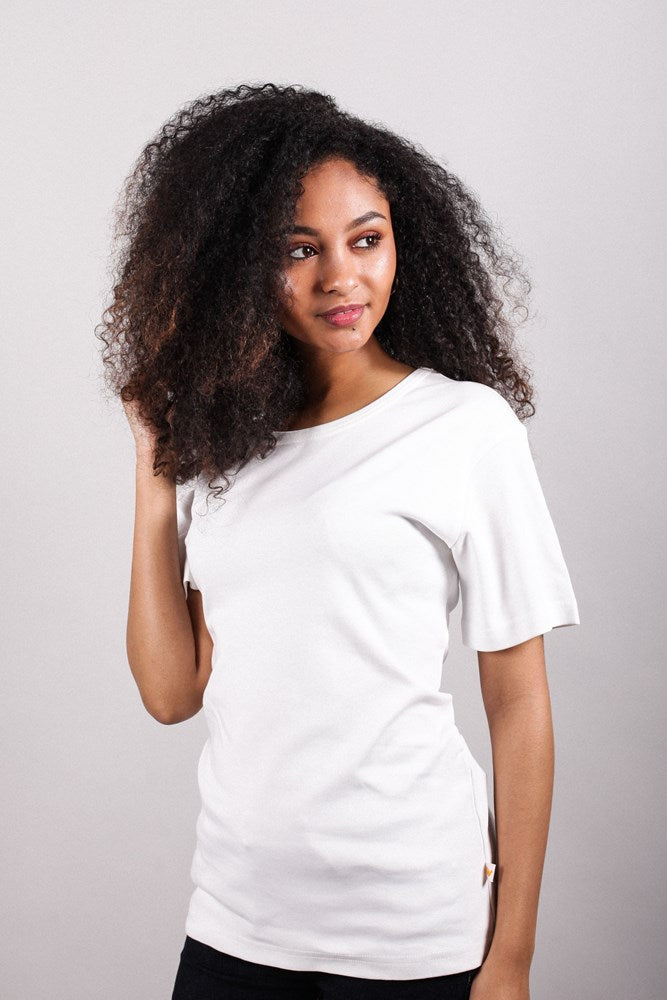
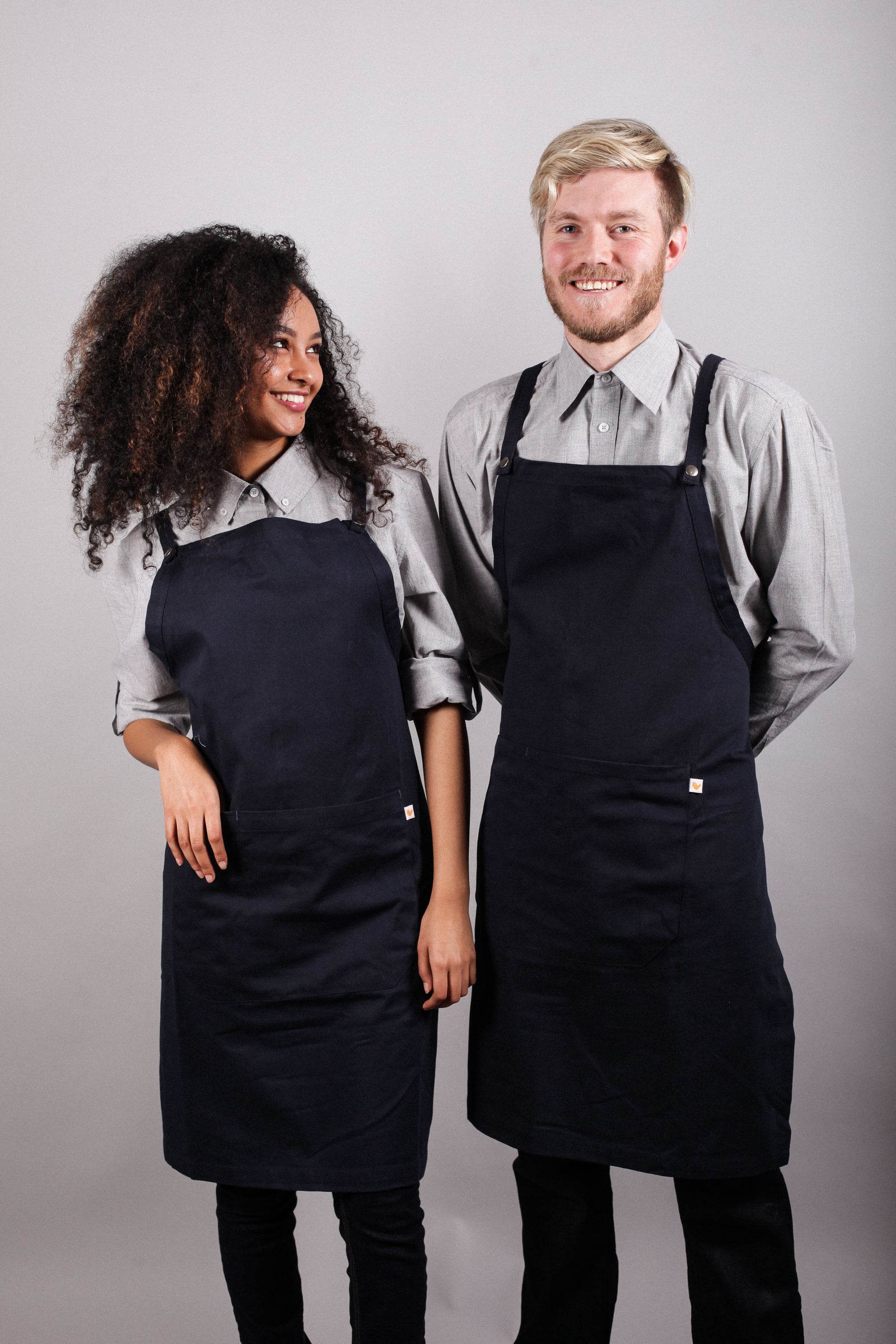
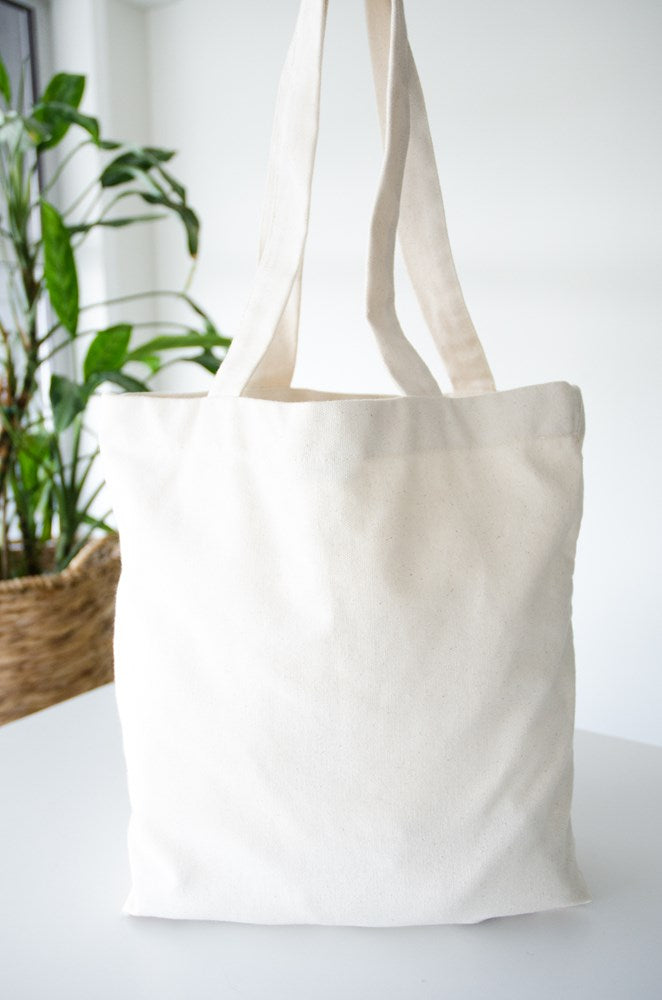
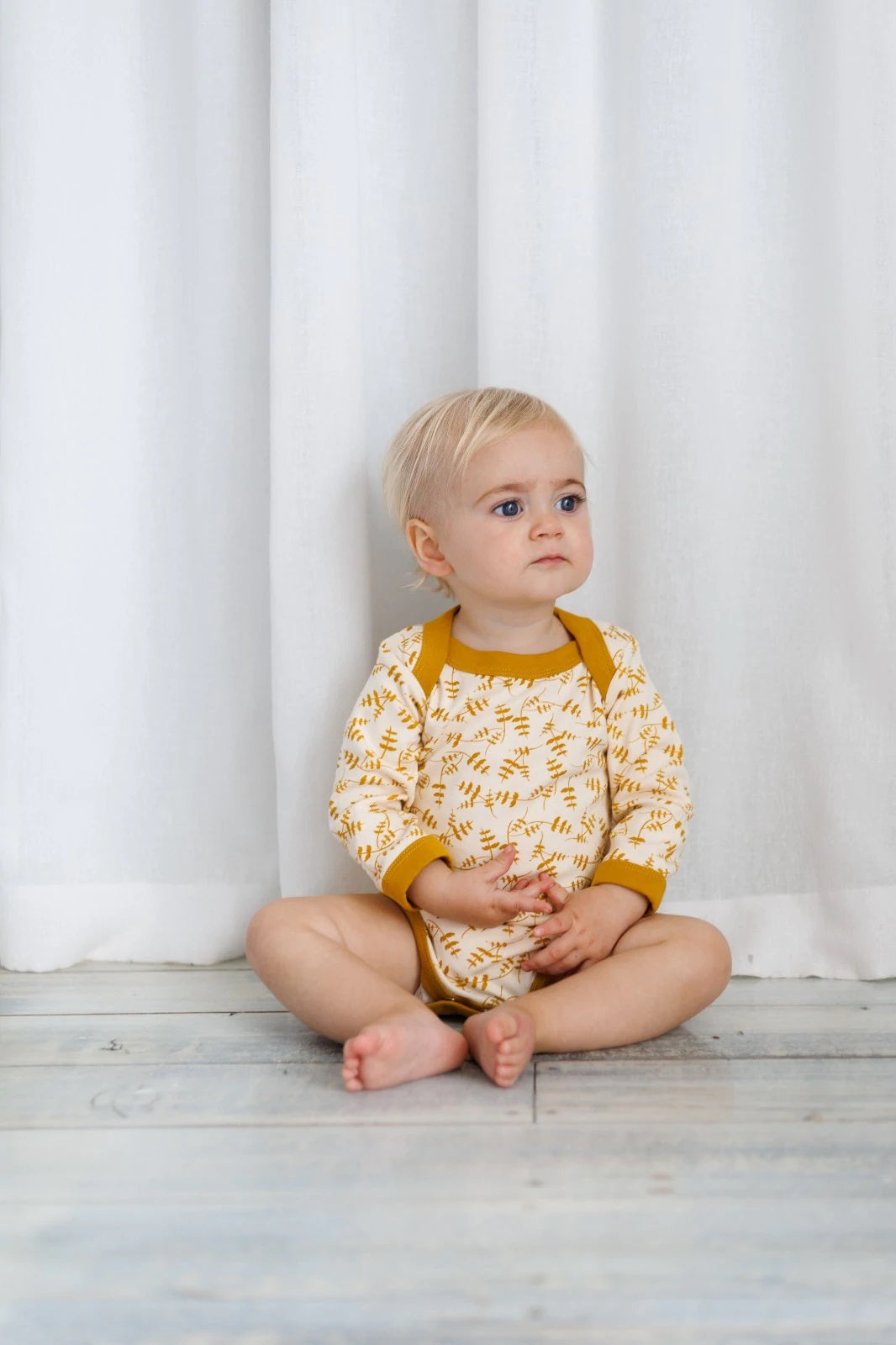
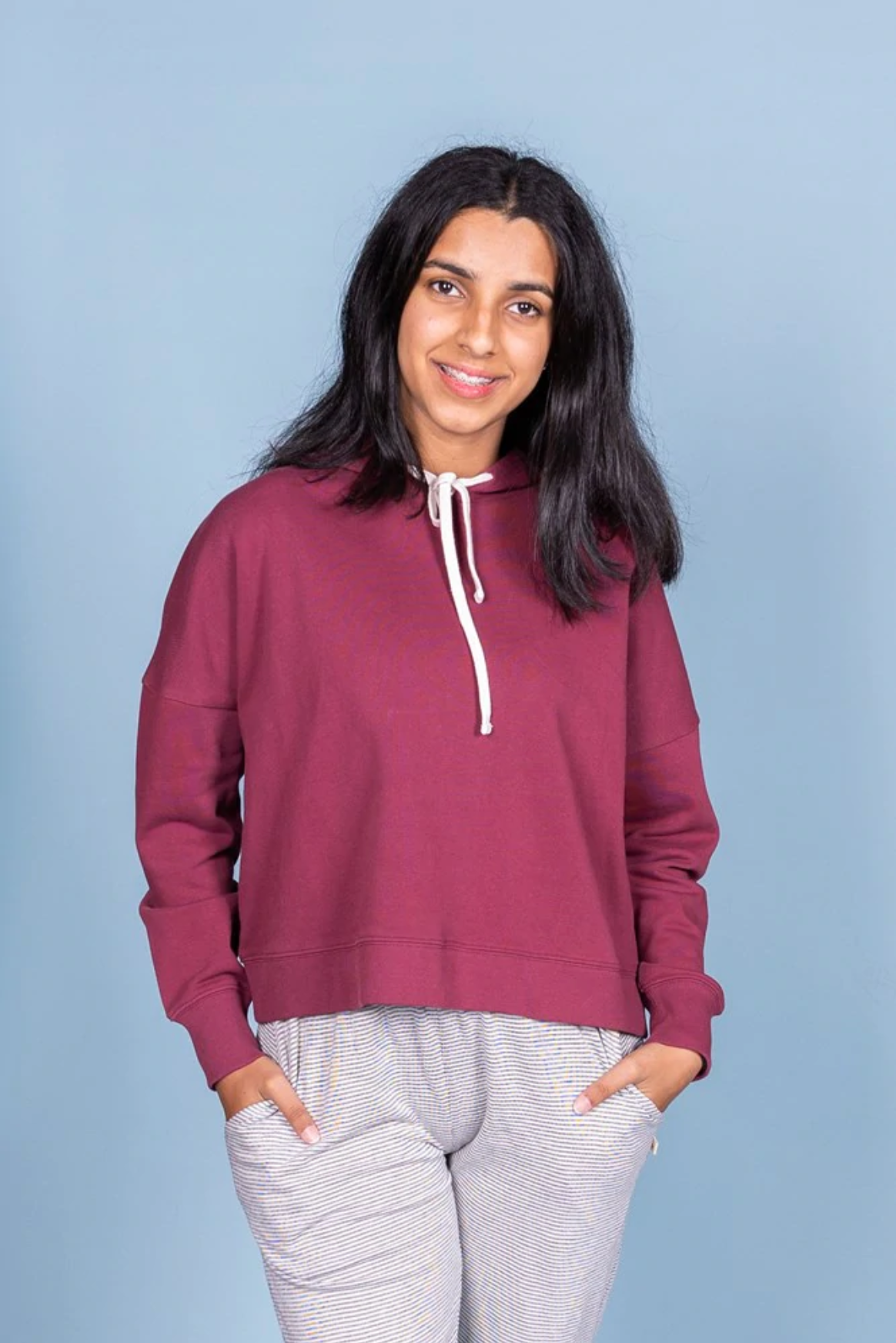
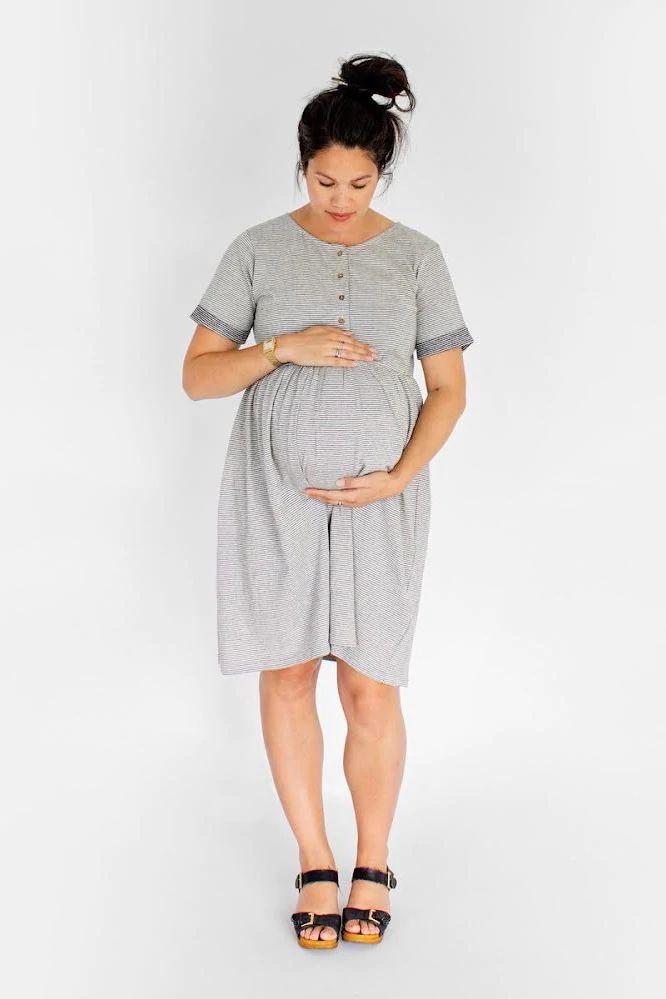

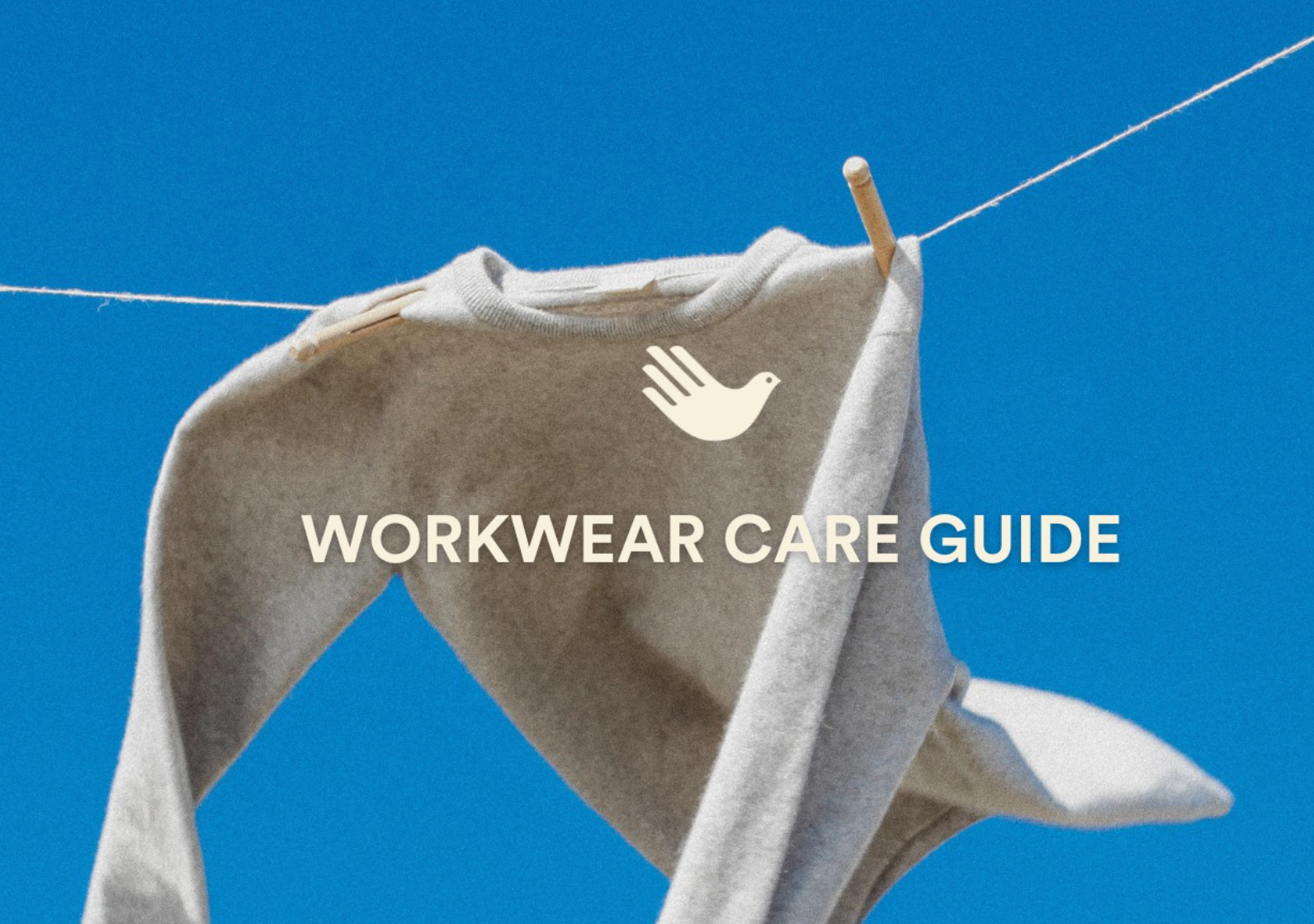
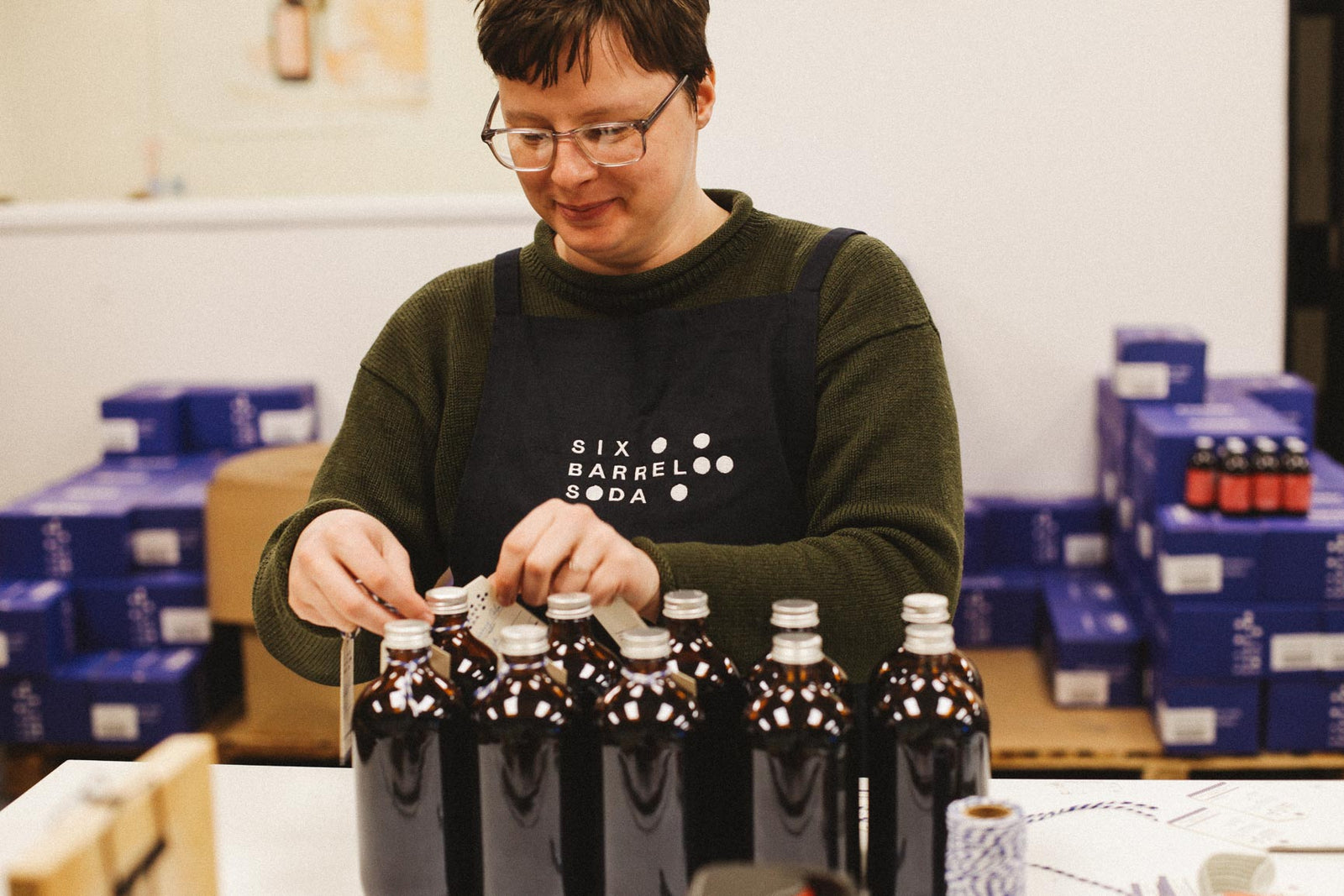
Leave a comment (all fields required)